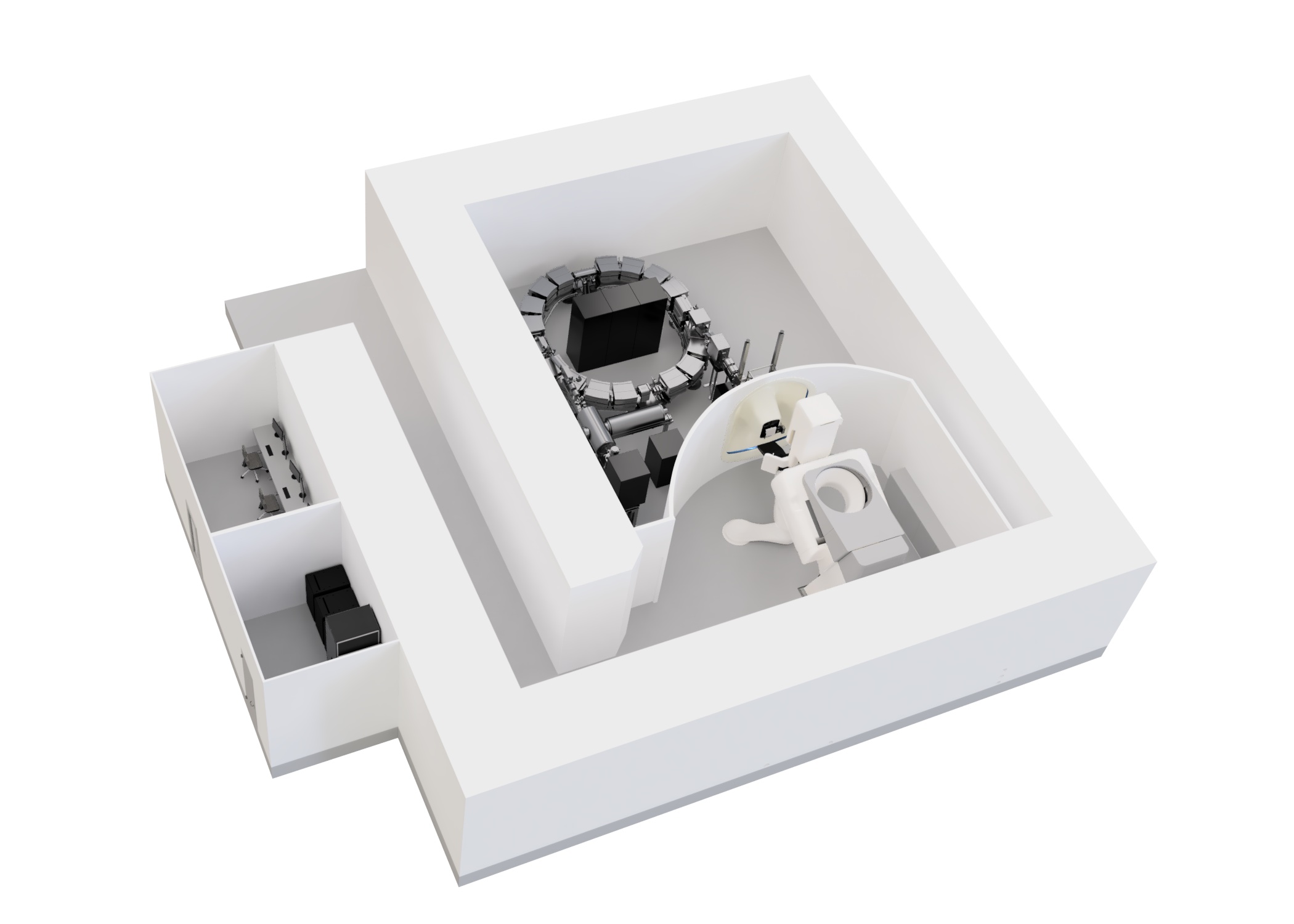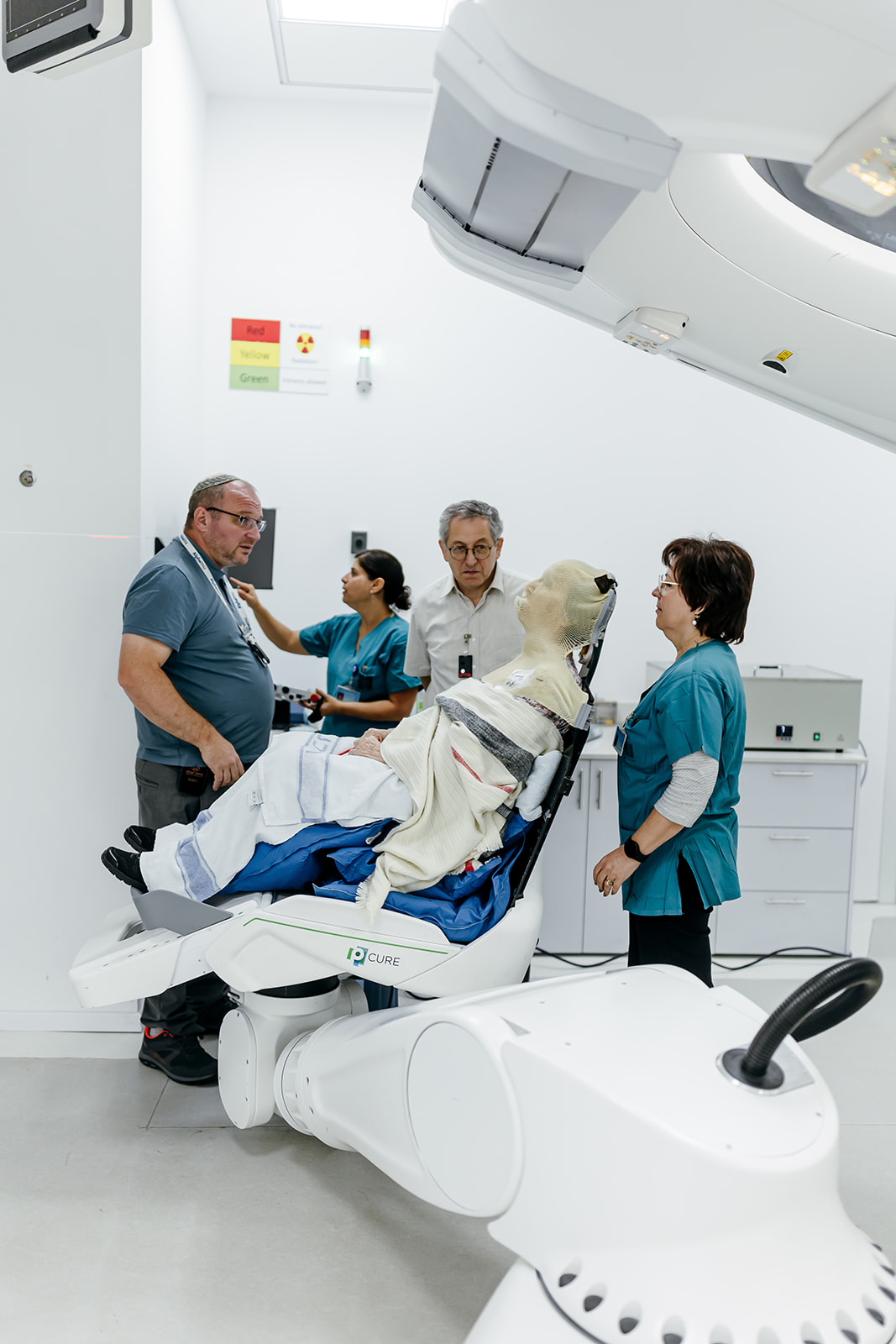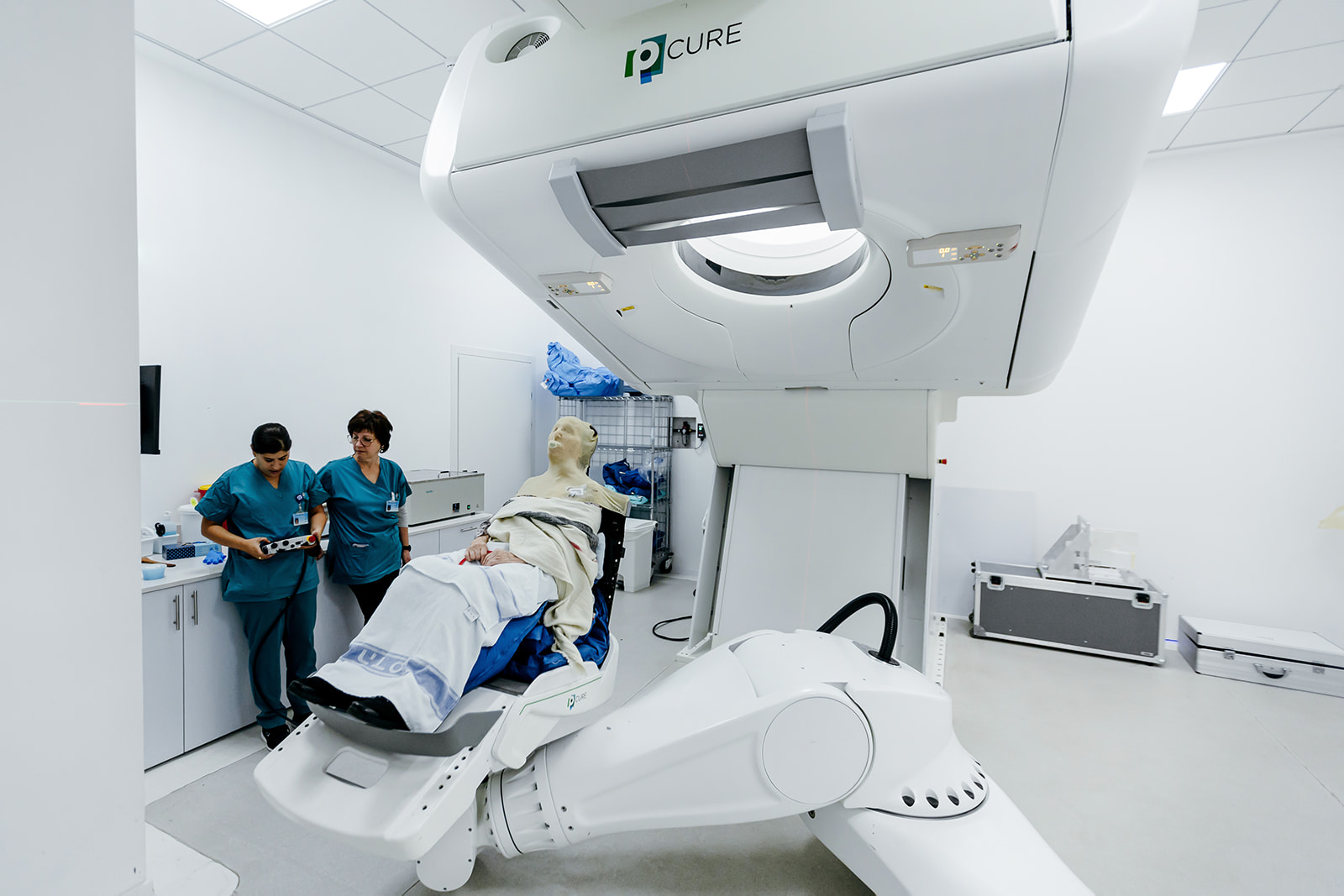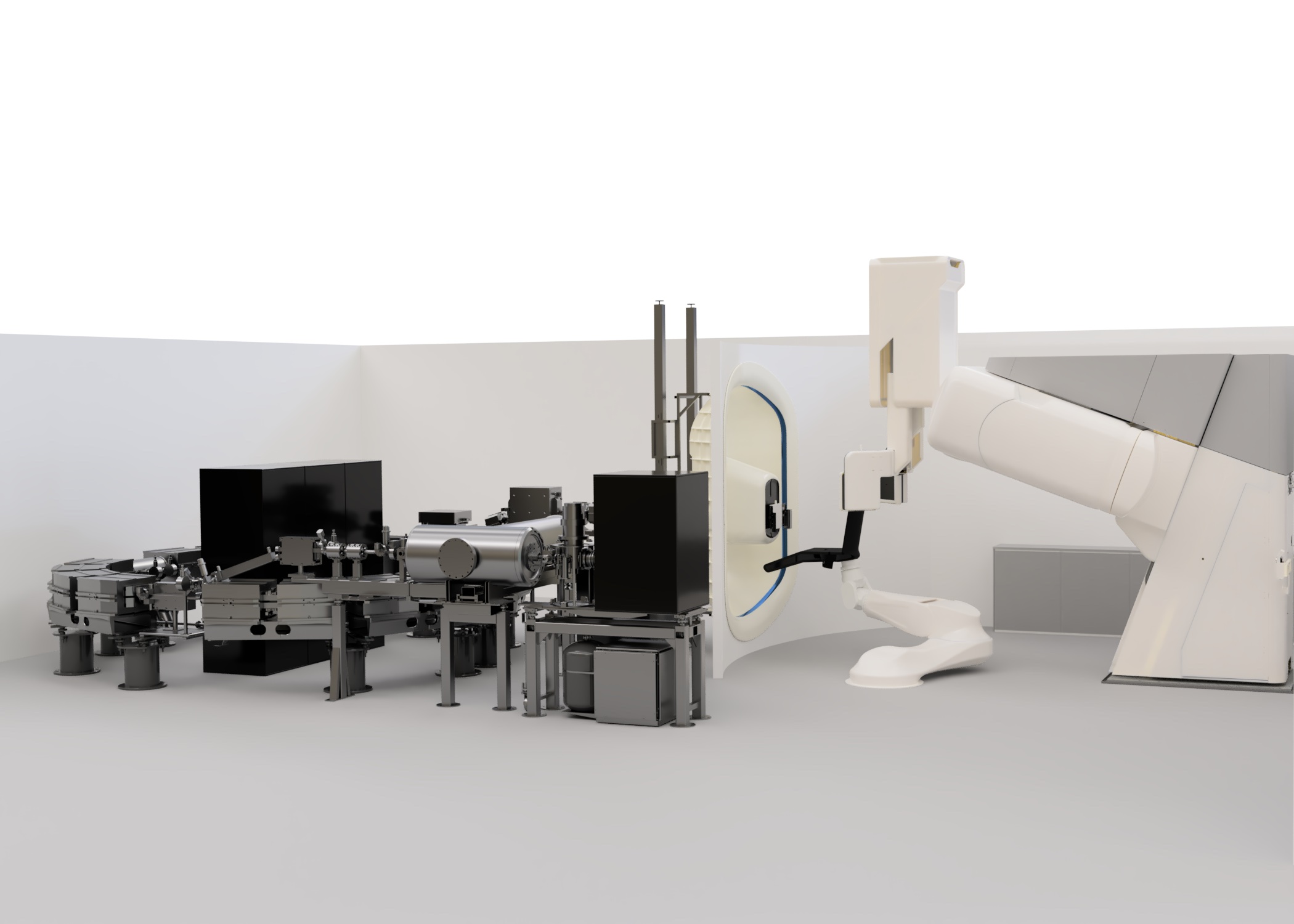Demystifying Precision: A Guide to Understanding Proton Therapy
What is Proton Therapy?
Cancer. The word itself sends shivers down the spine. But in the fight against this relentless disease, there is hope in the form of proton therapy. This innovative form of radiation treatment is revolutionizing cancer care, offering unparalleled precision and potentially minimizing side effects.
But what exactly is proton therapy? Let’s break it down:
Traditional Radiation vs. Protons: A Tale of Two Beams
Conventional radiation therapy uses X-rays or gamma rays to target and destroy cancer cells. While effective, these rays can damage healthy tissue surrounding the tumor.
Proton therapy, on the other hand, utilizes protons, tiny subatomic particles similar to electrons but with a positive charge. These protons are delivered with incredible accuracy, depositing their cancer-fighting energy directly within the tumor. Imagine a scalpel made of energy, cutting out the diseased cells while leaving healthy tissue untouched.
The Benefits of Proton Therapy’s Precision:
Reduced Side Effects: Because of their targeted nature, protons minimize damage to healthy organs and surrounding tissues. This translates to potentially fewer side effects and a quicker recovery for patients.
Treating Complex Cancers: Proton therapy excels at treating tumors located near critical structures like the brain, eyes, or spinal cord. The ability to precisely conform the beam allows for treating these once-inoperable cancers.
Preserving Quality of Life: By minimizing side effects, proton therapy can significantly improve a patient’s quality of life during and after treatment.
Who Can Benefit from Proton Therapy?
Proton therapy is a versatile treatment option for a wide range of cancers, including:
Head and Neck Cancers: Due to the delicate nature of the head and neck region, proton therapy’s precision is invaluable.
Lung Cancer: Surrounding healthy lung tissue is particularly susceptible to radiation damage. Proton therapy minimizes this risk.
Prostate Cancer: Preserving surrounding organs and minimizing long-term side effects makes proton therapy an attractive option for some prostate cancer patients.
Childhood Cancers: Children are especially vulnerable to radiation side effects. Proton therapy’s targeted approach offers a significant advantage.
Dr. John M. Slater, a renowned radiation oncologist at the Mayo Clinic, has stated that proton therapy is a valuable tool for treating certain cancers, especially those located near critical structures.
According to the National Cancer Institute, proton therapy has shown promising results in treating various cancers, including prostate, lung, and head and neck cancers.
A study published in the International Journal of Radiation Oncology Biology* Physics* found that proton therapy had a higher local control rate than traditional prostate cancer radiation therapy.
P-Cure – Pioneering the Future of Proton Therapy
P-Cure is at the forefront of proton therapy innovation, developing advanced machines that deliver this life-saving treatment with unparalleled accuracy and effectiveness. Our commitment lies in providing patients with access to the most advanced cancer care available.
Explore more about proton therapy and how P-Cure’s technology is making a difference. https://www.p-cure.com/






